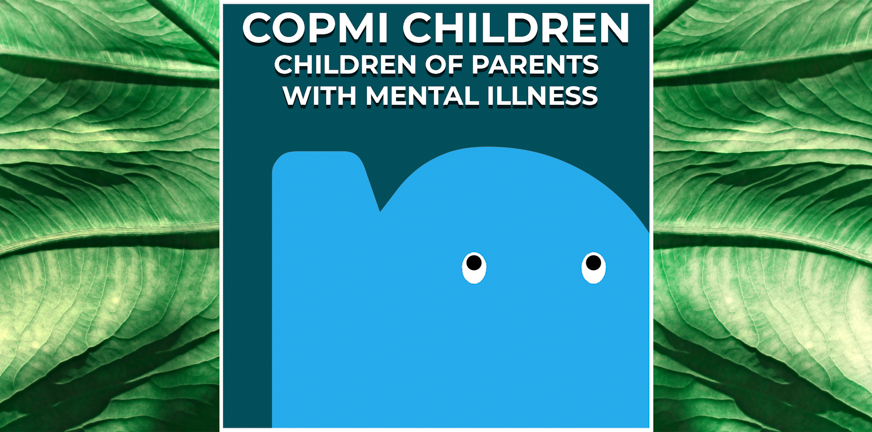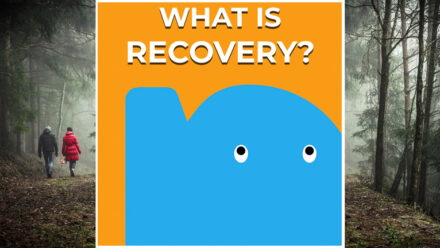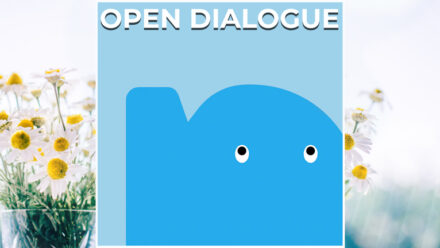
Children of parents with mental illness (and / or addiction) are called COPMI children in short. These children have this special name because many of them struggle with similar problems, either in their childhood or later adult life. Their issues are often a result of the mental illness experienced by their parents. However, not all countries recognize COPMI children as a group that needs special attention.
Talking honestly about problems
Of course, being a COPMI child does not automatically guarantee that you have (or get) problems yourself. When (one of) your parents have (or has) a mental condition, yet does not suffer from it too seriously, you might not either. Moreover, most parents are still capable of taking care of themselves and their children, thereby functioning as a “regular parent”. When you as a child are also capable of talking honestly and openly your parents’ problems and how they affects you, it can make a huge difference.
When support is needed
Still it is very likely that parents with mental illness find it very difficult to take proper care of their child(ren). For example, this can be the case when their issues are very serious or when children cannot talk about it with their parents. For that reason, more and more help is available to (parents of) COPMI children. This is, however, different per country. Australia is ahead in offering organized support to COPMI children and their parents. The United Kingdom does not yet recognise the special status of children of parents with a mental illness.
Sometimes, children are ashamed about their home situation and therefore never invite friends or classmates to their home. COPMI children are also more likely to skip school, and less likely to leave their parents to start their own life. Some children even become the caretaker for their parents, instead of the other way round, and neglect their own needs. This can damage their personal development. Especially young children are more at risk, and therefore require special attention.
Protective and damaging factors
The personal character of the child is an important factor, that can increase or decrease the risk of negative development. A child who has a strong sense of self-esteem, for instance, is better capable of protecting himself from any negative effects. Having self-confidence is therefore a protective factor. Likewise, there are many of such qualities and circumstances that may increase of decrease the risk of developing mental problems among COPMI children. Care workers often try to reduce the risk factors and strengthen the protective factors.
For parents with mental illness
When COPMI children become adults and parents themselves, they are extra challenged to raise their children properly and give them the necessary attention. Especially when dealing with their own psychological vulnerability and childhood traumas. If they fail to offer proper care, chances are that mental problems are passed from one generation to the other. This happens among one in three children of parents who had mental illness and never received help.
Some countries (especially Norway, Denmark, Finland, Iceland and the Netherlands) have dedicated organisations that offer various group programmes to support children affected by parental mental illness, as well as home support on an individual level. The COPMI team also offer courses and coaching.




